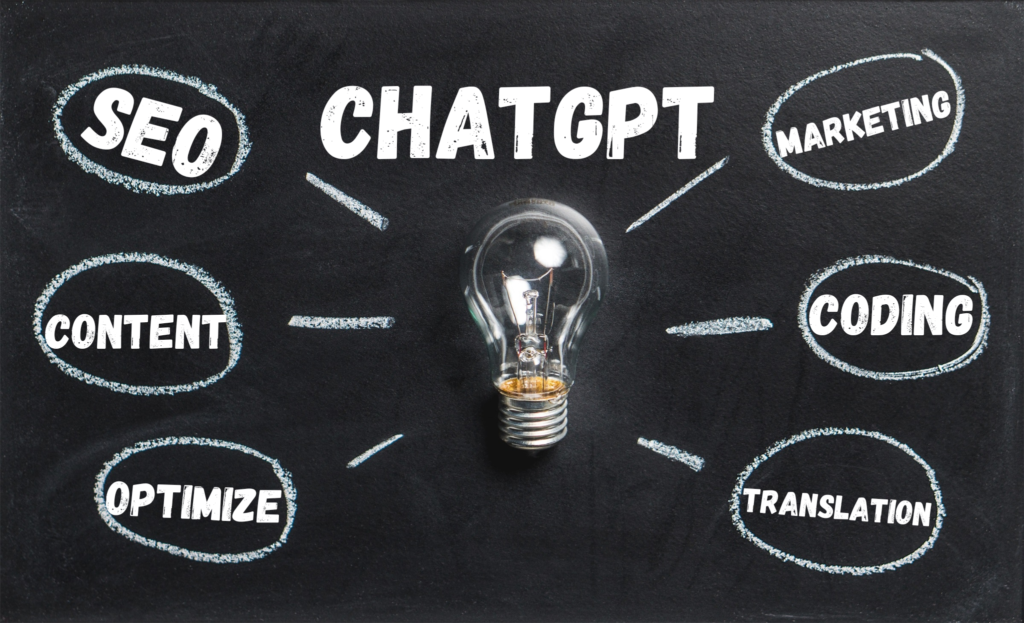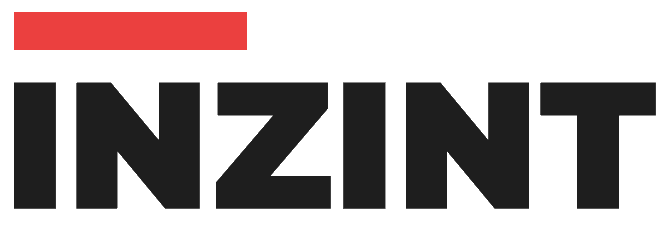
Chat GPT has completely changed how companies communicate with their clients, notably in the area of marketing. Businesses now have new ways to interact with their customers and provide individualised experiences thanks to conversational AI. The following are some ways that Chat GPT is altering marketing:
- Personalized Customer Interactions: Customers’ experiences can be enhanced and their engagement with the company increased by using Chat GPT to communicate with them personally.
- Enhanced Lead Generation: Chat GPT gives businesses additional chances to attract customers by identifying potential leads and conversing with them.
- Improved Customer Engagement: Real-time dialogues with customers can be facilitated by Chat GPT, enabling businesses to immediately address their questions and problems.
- Streamlined Sales Funnel: Chat GPT can assist in guiding clients through the sales funnel by making specific suggestions and offering support.
- Increased Customer Loyalty: Chat GPT can promote a feeling of community and closeness with customers, which promotes advocacy.
Nevertheless, there are drawbacks of using Chat GPT in marketing, such as:
- Integration difficulties: Integrating Chat GPT with pre-existing marketing platforms can be difficult and time-consuming.
- Language Limitations: Chat GPT might not be able to comprehend or speak in all languages, which limits the markets in which it can be used effectively.
- Privacy issues: Chat GPT is required to abide by stringent privacy laws in order to protect user information and guarantee that their privacy is respected.
CONCLUSION
Overall, Chat GPT is a potent tool for companies trying to interact with their clients and offer tailored experiences. Chat GPT is changing the marketing landscape and presenting new chances for client acquisition and engagement with its capacity to facilitate real-time conversations, make tailored recommendations, and develop a feeling of community.
